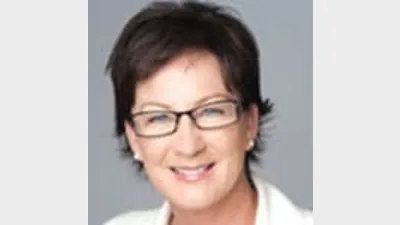SMSFs fine without advisers, study finds



Research commissioned by Vanguard and the SMSF Professionals' Association of Australia (SPAA) has exposed the failure of advisers to improve the financial strength of self-managed super fund (SMSF) members' account balances.
A Rice Warner survey of SPAA and Vanguard trustees could not identify a clear relationship between the use of financial advice and the performance of their SMSF, with unhappy trustees accusing advisers of having less knowledge of complex SMSF issues than the SMSF members themselves.
According to the survey, the average performance for SMSFs was the same - at 11.1 or 11.2 per cent - regardless of whether SMSF trustees relied on advisers, accountants or researching newspapers and books for their information.
Forty-three per cent of respondents use a planner for their main source of financial information, while just over 40 per cent rely on financial newspapers, magazines or books.
The research found 31.5 per cent use the internet and nearly 52 per cent of respondents use accountants or tax specialists.
Members also accused advisers are being more interested in product pushing than client returns, or cited the lack of adviser contact as a concern.
Rice Warner chief executive Michael Rice agreed that one reason for the lack of correlation between SMSF returns and advice was that people were relying on their own education rather than an expert, but added that investors also had assets outside super, and an SMSF only comprised one part of a portfolio.
Sixty-six per cent of respondents said their adviser met their expectations, while 34 per cent were unsatisfied with the advice received.
Rice cautioned that the issue needed to be looked at again in future.
SPAA chief executive Andrea Slattery said that SMSF investors weren't necessarily seeking complex advice every time they saw a planner, but a holistic flexible strategy, including compliance and improving investors' education.
The research also found unrealistic expectations of income needs, with 27 per cent of respondents believing they would have more than $100,000 of annual income in retirement.
It was unrealistic if you considered that members lived for 30 to 40 years after retirement, Rice said.
Recommended for you
Next year will see AMP roll out an end-to-end solution for its North platform, marking a shift in the firm’s position within the advice technology sector and building on adviser feedback.
My Dealer Services is predicting strong growth in self-licensing next year, citing recent ASIC action against Interprac and the desire for independence as key drivers of the self-licensing trend.
ASIC has handed down a six-month AFSL suspension to MW Planning after the firm failed to replace its banned responsible manager.
Despite the year almost at an end, advisers have been considerably active in licensee switching this week while the profession has reported a slight uptick in numbers.










